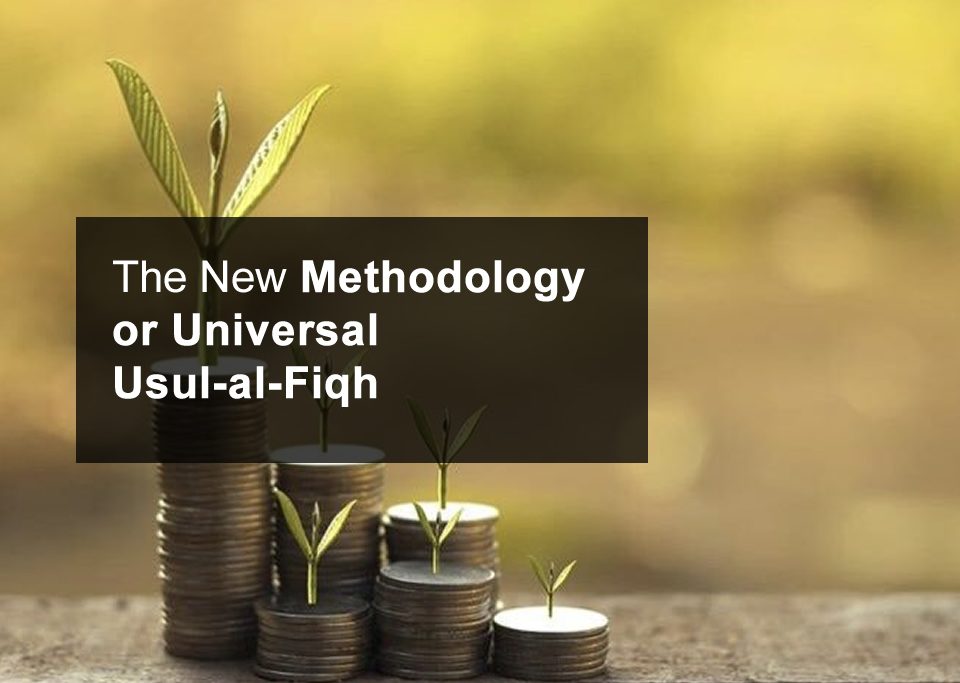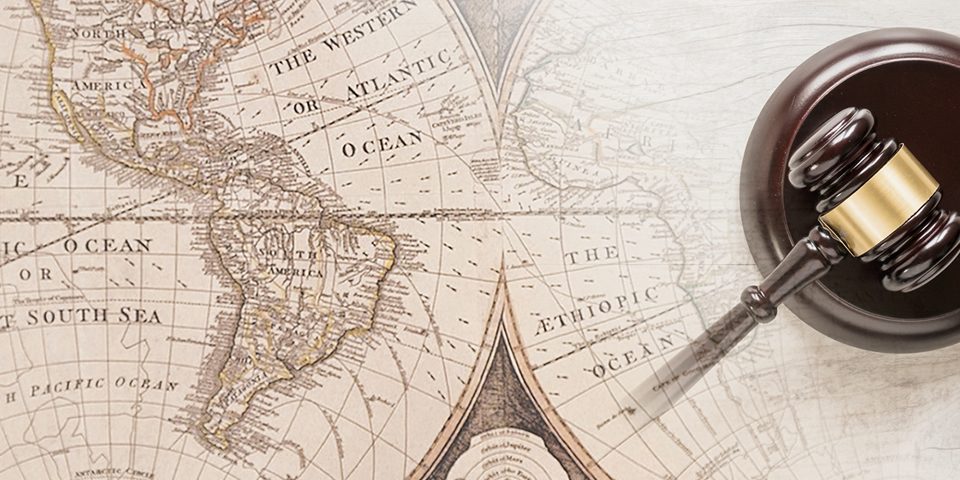The Positive Money proposals and the 100% reserve debates, which have almost a century of discussions and research behind them, have now gathered considerable momentum.
The Positive Money proposals and the 100% reserve debates, which have almost a century of discussions and research behind them, have now gathered considerable momentum.
The Positive Money proposals and the 100% reserve debates, which have almost a century of discussions and research behind them, have now gathered considerable momentum.
Islamic law, which has been dormant for almost five centuries, must grow if it has to solve modern problems that are faced by all humanity in general and Muslims in particular. During these five centuries or more, the law has grown but in a negligible or insignificant manner. One main reason for this lack of growth has been the absence of a methodology that can support the required growth. The second has been colonization due to which Muslims have had to deal with the greed and brutality of their then colonial masters. The third and most important reason, however, has been the rise of the state as a legal person. It is, therefore, significant that the arrival of the British in India coincides with the rise of modern states in Europe.
The last two reasons, mentioned above, arrested the growth of Islamic law. They took away the free environment in which the law could grow. The restrictive environment provided by the state prevented the free exchange of ideas. There was also no incentive for the exchange of such ideas as the state had monopolized all law making. This situation continues even after the end of colonization as it is now the state that has taken over all the functions of the colonial masters. In short, the natural environment in which Islamic law had grown in the first one thousand years of its existence has been taken away. This natural environment can now be restored with the shrinking of the world into a global village and with developments in modern technology and communications. It can be done without disturbing the existing structure of states and their authority.
In this blog, we will address three major points. The first point will be about the difficulties that Islamic law is facing within the environment provided by modern states. The second will take up the explanation of what exactly we mean by the emergence or reemergence of Islamic law at the international level. The third topic is about the way this reemergence will begin, that is, what are those priority areas in which Islamic law can first contribute at the international level. We will first take up for discussion the hurdles in the face of the free growth of Islamic law.




